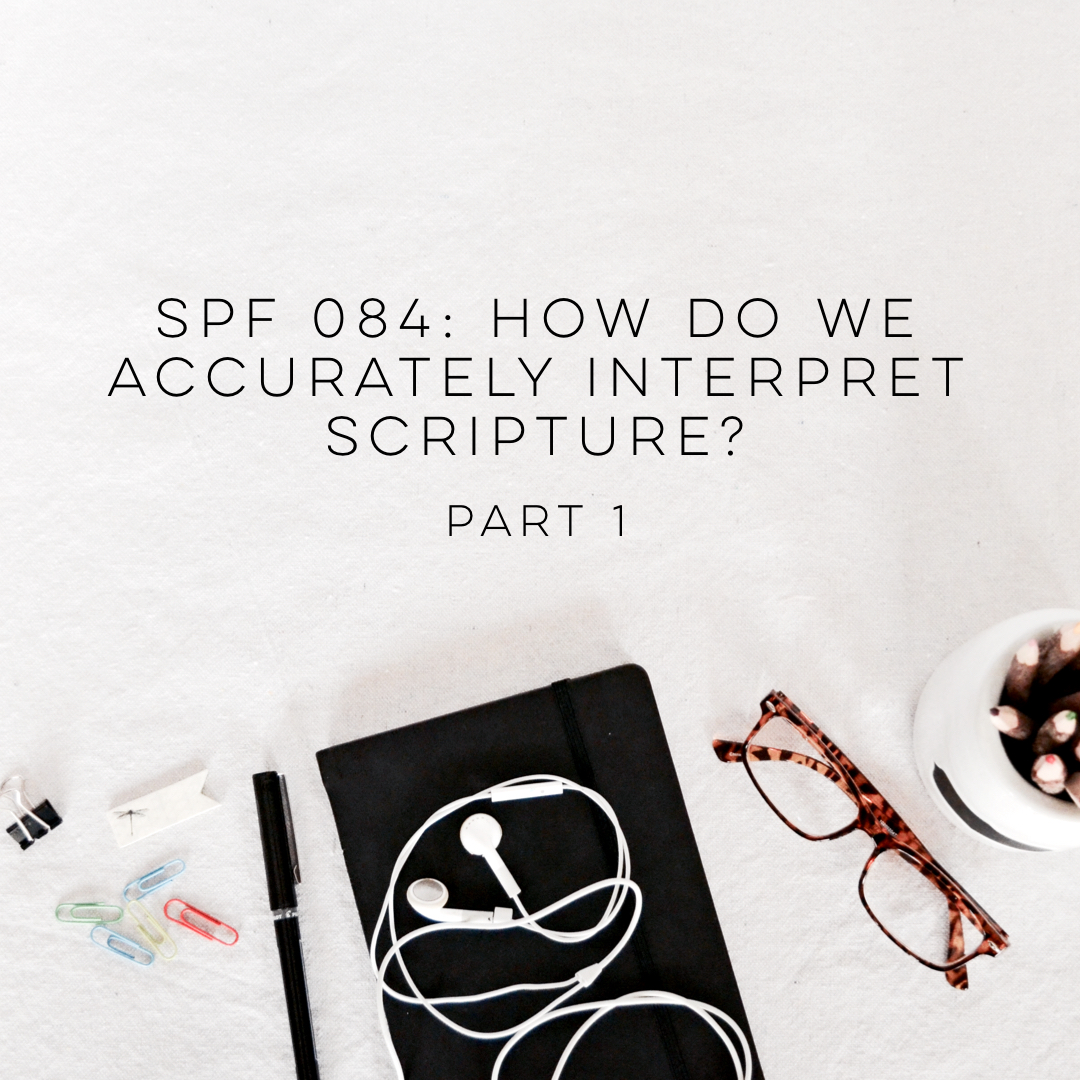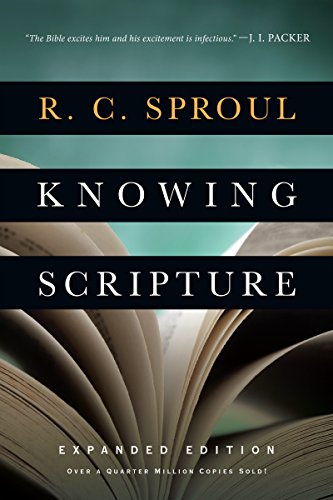What joy must have flooded the hearts of many a person when Martin Luther got German Bibles into his fellow country-man’s hands and people were reading the Word of God in their own language. With that came a responsibility to understand how to interpret what we read in the Bible. Today we are talking about personal interpretation and a quick lesson in how to handle the Scriptures correctly.

Try Audible!
We love audible. We use it every day. For rest time, long car times, when a wait is very long for little ones, audio books are a great resource! We like audible because we get one free credit to buy a book (any price) and it’s ours forever! Even if we stop subscribing to audible.
Plus – if you try audible using the SPF affiliate link – even just to try it out – you get TWO free books AND you support the SPF podcast.
Try it out! Let me know what you think!
Some of our favorite family books: Little House on the Prairie series, Winne the Pooh, Paddington series, Charlotte’s Web, etc.
Knowing Scripture
The word Thesaurus comes from a greek word “thesauros”which means treasury or storehouse.
The Bible is our treasury. A storehouse and wealth of truth.
“There is a treasury of significance and application in every single verse. Every verse is pregnant with significance for our lives.” You could not exhaust one verse of Scripture in our lifetime.
The Scripture is a treasury but there are things we must recognize about the Holy Scriptures or we can have this treasury yet come up wanting, or worse yet, on a wrong trajectory.
The Bible is Objective
“It has often been charged that the Bible can’t be trusted because people can make it say anything they want it to say. This charge would be true if the Bible were not the objective Word of God, if it were simply a wax nose, able to be shaped, twisted, and distorted to teach one’s own precepts.” RC Sproul
The Analogy of Faith
To prevent unbridled, speculative, and fanciful interpretations of Scriptures, the Reformers put forth a fundamental truth that should govern all biblical interpretation called the “Analogy of Faith” which means: Scripture interprets Scripture.
Look at the overall meaning of the Bible when we are trying to interpret the meaning of a specific verse.
The “analogy of faith” is a reformed hermeneutical principle which states that, since all scriptures are harmoniously united with no essential contradictions, therefore, every proposed interpretation of any passage must be compared with what the other parts of the bible teach. In other words, the “faith,” or body of doctrine, which the scriptures as a whole proclaim will not be con tradicted in a ny way by any passage. Therefore, if two or three different interpretations of a verse are equally possible, any interpretation that contradicts the clear teaching of any other scriptures must be ruled out from the beginning. – Monergism.org
If any interpretation contradicts the whole of Scripture, we can know that that interpretation is not correct.
Guiding Principles of Personal Interpretation
There are boundaries set as we personally interpret the Scriptures in our own time in the Word.
Remember! There is one correct meaning, but many applications.

Stay tuned for Part 2 on episode 85!
Resources
Olive Tree Bible App with the ESV Strong’s numbers
Ligonier.org – Knowing Scripture talks: https://www.ligonier.org/learn/daily-video/2018/05/14/private-interpretation/
Amazon Links are affiliate links – meaning I get a very small referral credit from Amazon for recommend products, at no cost to you – that goes to supporting the podcast.

